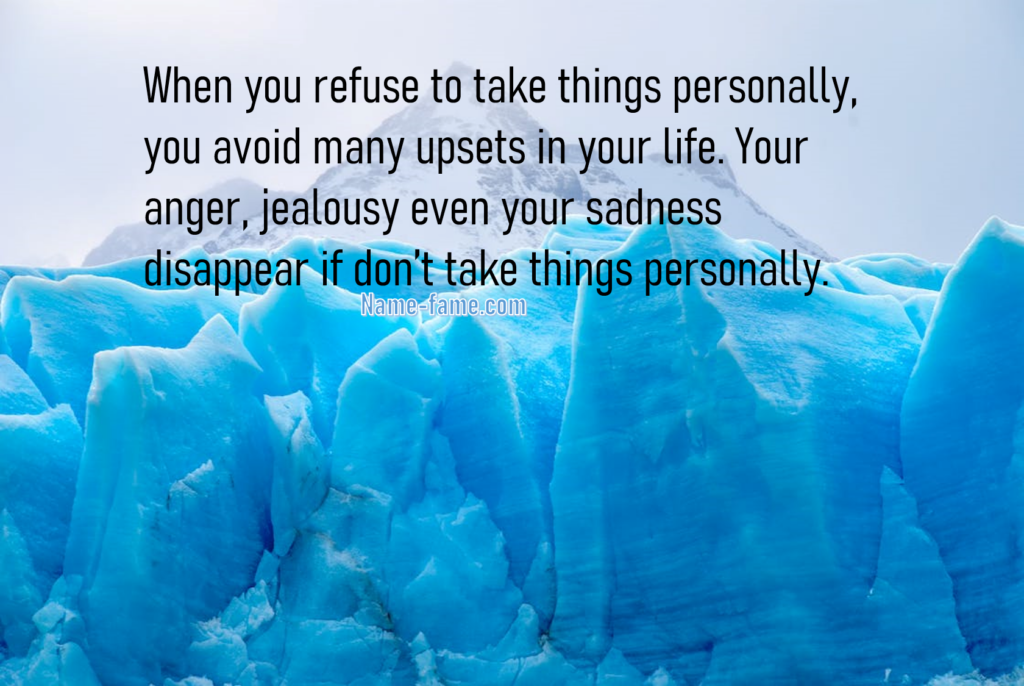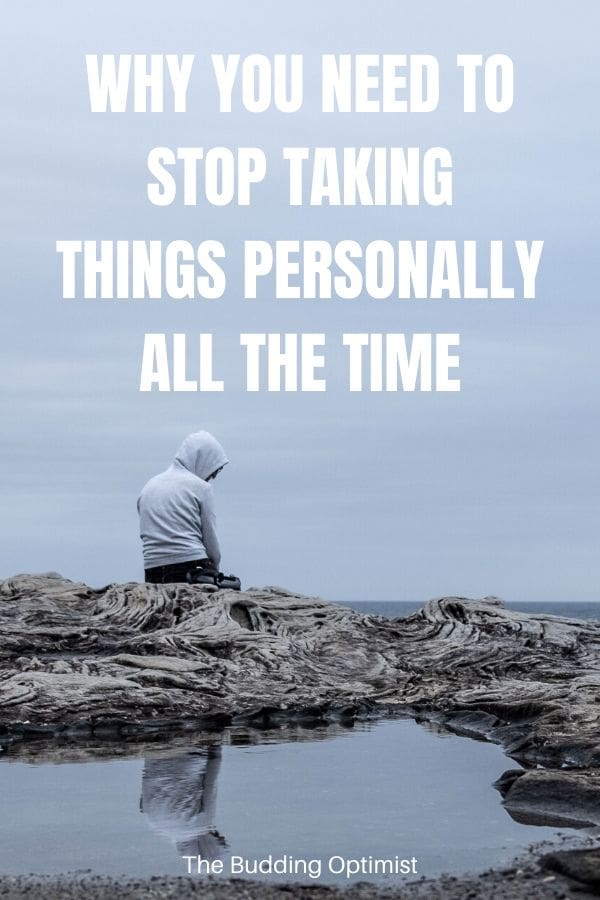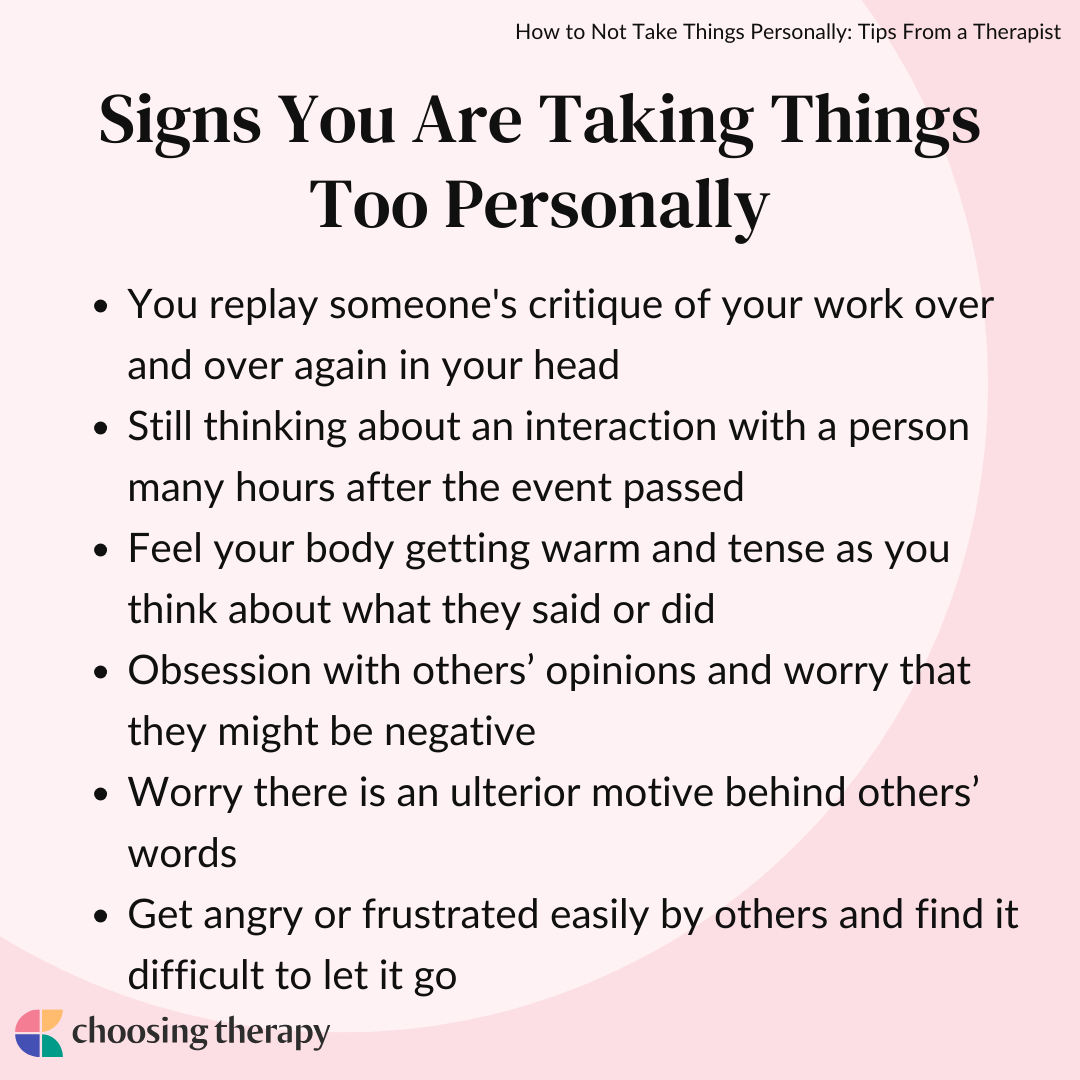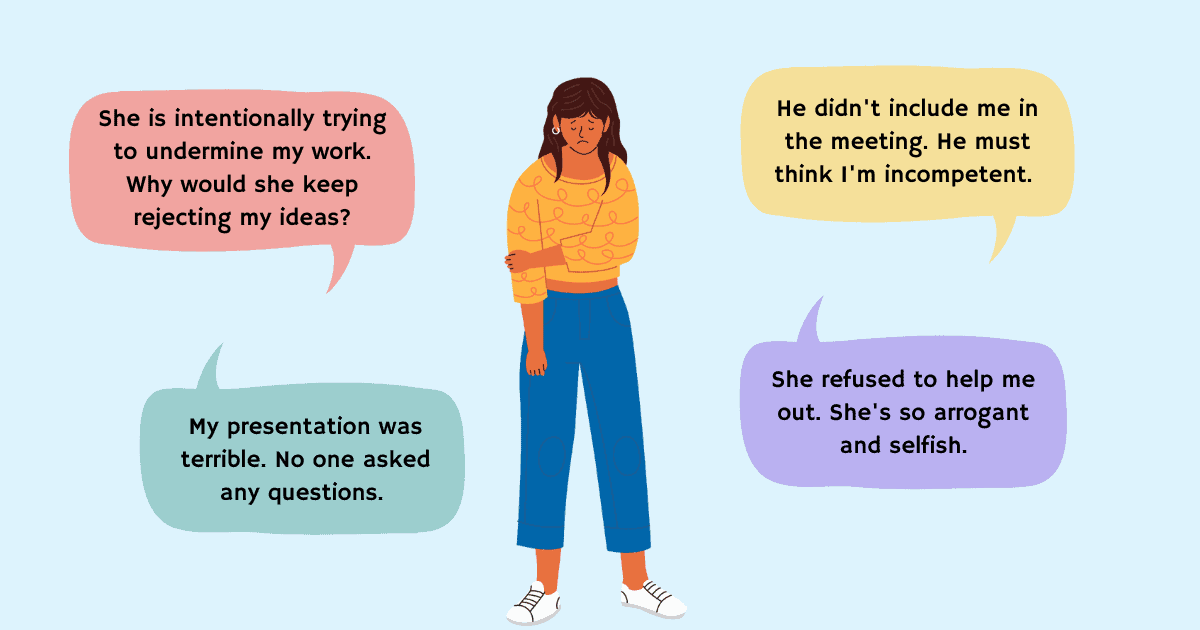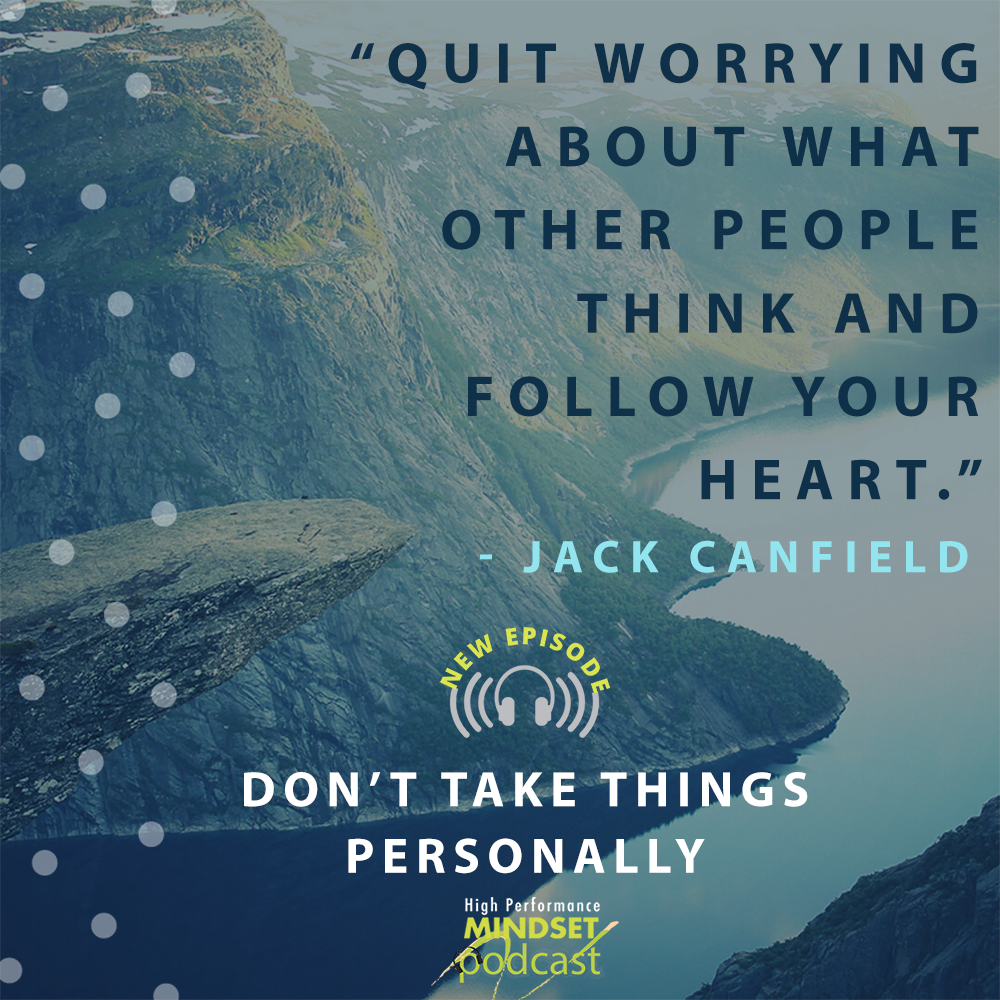Why You Shouldn't Take Things Personally

Feeling constantly attacked? You're not alone. Taking things personally poisons relationships and hinders professional growth, but it's a pattern you can break.
This article provides actionable strategies to detach your ego, improve communication, and build resilience against perceived slights, leading to a healthier and more productive life. Learn how to filter feedback and respond rationally.
Recognize the Trigger: What Sparks the Reaction?
Self-awareness is key. Pinpoint the specific situations, comments, or behaviors that consistently trigger your personal offense.
Keep a journal. Note down the events, your immediate thoughts, and the emotions you experienced. This helps identify recurring themes or vulnerabilities.
Harvard Business Review reports that individuals who demonstrate high self-awareness are more effective leaders and communicators. Understand your triggers to better manage your responses.
It's (Probably) Not About You
Most people are primarily concerned with themselves. Their actions and words are often driven by their own internal states, insecurities, or agendas, not by a desire to harm you.
Consider alternative explanations for the behavior. Perhaps the person is stressed, distracted, or simply having a bad day.
According to a study by the American Psychological Association, misinterpreting others' intentions is a major source of conflict and relationship strain. Assume positive intent whenever possible.
Detach Your Ego: Build a Strong Sense of Self
A fragile ego makes you overly sensitive to external validation and criticism. Cultivate a solid sense of self-worth that is independent of others' opinions.
Focus on your values, accomplishments, and internal compass. Remind yourself of your strengths and past successes.
Engage in activities that boost your self-esteem and confidence, such as pursuing hobbies, volunteering, or spending time with supportive friends and family.
Filter Feedback: Not All Criticism is Created Equal
Learn to distinguish between constructive criticism and personal attacks. Not every piece of feedback is valuable or accurate.
Ask clarifying questions. Seek specific examples and evidence to understand the basis of the criticism.
If the feedback is unwarranted or malicious, dismiss it. Don't let negativity derail your progress or damage your self-esteem.
Respond, Don't React: Choose Your Words Wisely
Instead of lashing out in anger or defensiveness, take a moment to pause and collect your thoughts. Responding calmly and rationally is far more effective.
Use "I" statements to express your feelings and needs without blaming or accusing the other person. For example, "I feel hurt when you say..." instead of "You always..."
Set boundaries. Clearly communicate what behavior you will not tolerate and be prepared to disengage from unproductive conversations.
Practice Empathy
Try to understand the other person's perspective, even if you don't agree with it. Empathy can de-escalate conflict and foster better communication.
"When dealing with people, remember you are not dealing with creatures of logic, but creatures of emotion." - Dale Carnegie
Put yourself in their shoes. Consider their background, experiences, and motivations.
Active listening is crucial. Pay attention to both the verbal and nonverbal cues the other person is sending.
Next Steps: Ongoing Development
Breaking the habit of taking things personally is an ongoing process. Be patient with yourself and celebrate your progress along the way.
Seek professional guidance from a therapist or counselor if you struggle with chronic sensitivity or emotional regulation. They can provide personalized strategies and support.
Continue to practice self-awareness, empathy, and boundary-setting to build resilience and improve your relationships. Remember, controlling your reaction is within your power.





